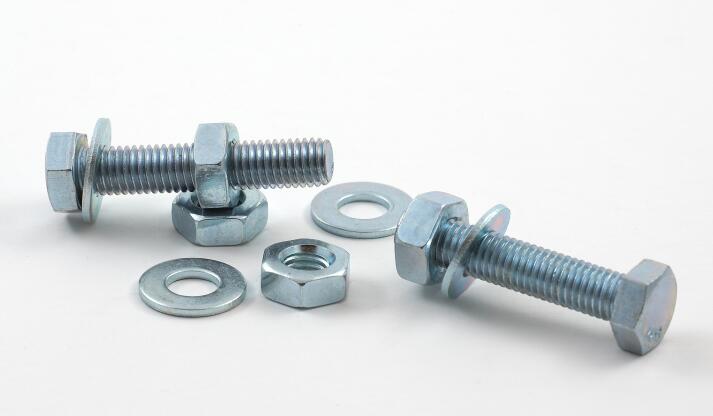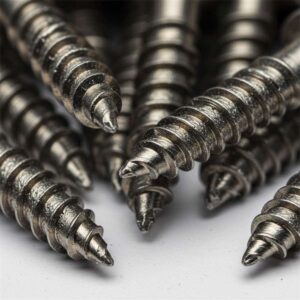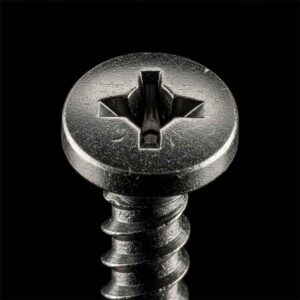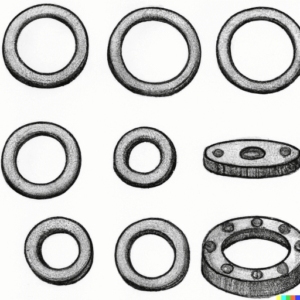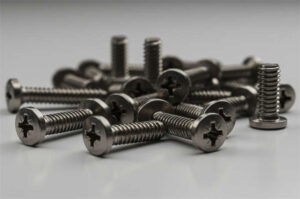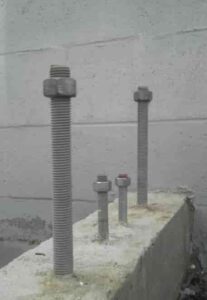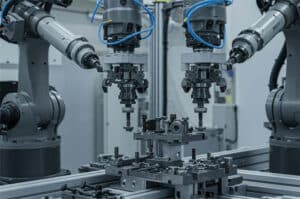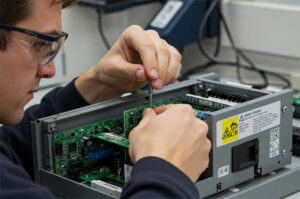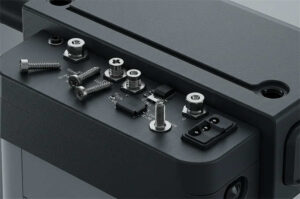The Nuts and Bolts Fastening System
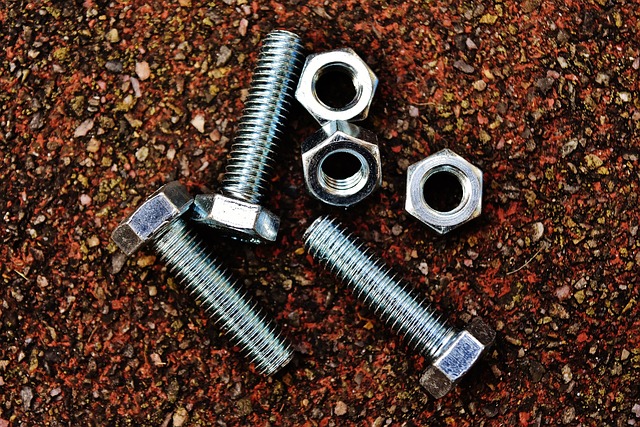
Traditional fastening may have involved simpler or easier ways of the process but nowadays, more precise and efficient ways of fastening are spawning from the depths of technological advantages to improve the assemblies and connections of different industries.
Yet the reliable and strong assembly of bolts and nuts together goes unmatched by the standard devices as they face the common problems of fastening. The work of bolts and nuts becomes possible through their matching features that create strengthened and better connections than single applications of screws. Although each fastener cannot function without the other, together they provide a unique superiority because of the improved tightness, torque, durability, and efficiency. Here are some reasons for why bolts and nuts are a better duo in fastening systems:
Bolts and Nuts Provide Stability and Security
Although nuts and bolts are visually different types of fasteners both are threaded fasteners designed to secure connections and assemblies commonly in machinery and structures. The internal threads of nuts and external threading on bolts create a matching security that can be tightened together.
This mechanical connection provides stability and reliability that leads to the prevention of objects from coming apart or loosening even under significant loads and vibrations. Using nuts along with other fasteners has prevented several compromises such as the risk of accidents, structural failures, and financial losses.
Bolts and Nuts Allow Even Distribution of Loads
One of the major functions of nuts is to help distribute loads around the assembly materials. For example, when bolts are tightened, a clamping force is exerted around the components, and nuts ensure the even distribution of this force along the threads to reduce risks of localized stress concentrations. With even distribution of loads around the components, it prevents fatigue and cracking between fastener materials and surface application, contributing to a longer and more durable system.
Bolts and Nuts has Adjustability and Fine-Tuning
In terms of adjustability, nuts and bolts are a great pair that offers ease for critical fastening systems. Engineers and technicians found a way to fine-tune the tension or clamping force on components which ensures secure fastening without the risk of over-tightening. This method has especially prevented the risks of damage or failure. The ability to make precise adjustments is extremely valuable in numerous applications in the automotive and aerospace industries.
Bolts and Nuts Offer Resistance to Vibrations
In most assemblies, continuous vibrations and dynamic forces lead to gradual loosening or damage over time. This problem can be avoided with the employment of nuts on threaded fasteners such as bolts or screws, furthermore, when nuts are equipped with locking mechanisms they become resistant to vibrational loosening. Vibrational loosening is often associated with machinery, types of equipment, and electrical appliances. These areas are ideal for the application of bolts and nuts or other specialized forms of self-locking fasteners.
Some examples of locking fasteners are nylon inserts, flanged nuts, and prevailing torque nuts. These specialty types of nuts help maintain the integrity of the assembly even in environments where constant movement and vibrations are prevalent, such as in machinery, automotive parts, and aerospace components.
Bolts and Nuts Compatibility and Standardization
The complex range of types of bolts and nuts is further heightened by their wide compatibility with a vast range of components and assemblies. Additionally, the standardization of sizes, thread pitch, and other configurations on bolts and nuts provides a simplified process of distinguishing their proper selection. These compatibility features mitigate the risk of mismatched components and ensure that fastening assemblies will meet industry standards and safety regulations.
Nuts and bolts are remarkable components that serve a vital role in the structural and mechanical integrity of various industrial applications. The effectiveness of their matching ability is the result of functioning features in providing stability, even load distribution, adjustability, resistance to vibrations, and compatibility. Without these devices a massive portion of our primary industries will grow ineffective and non-operational, thus their wide importance should be valued and recognized. Without nuts and bolts, the integrity of our modern machines, devices, and structures can be compromised and potentially lead to catastrophic accidents.
Superior Fastener Supplier for Crucial Fastening Systems
Prince Fastener Manufacturing Co., Ltd is well-known for excellent quality fasteners and components in various sectors and industries, let alone for delivering accurate features and designs in customized fasteners. With a diverse range of industrial products, our company has supplied thousands of fasteners around the world and is continually exploring the world of technological developments to provide the highest quality fasteners possible. We understand the crucial need for projects and fastening systems in industries like automotive, aerospace, medical, energy plants, construction, and others.
For specific needs of features in sizes, designs, forms, and material on fasteners, please contact us and we will provide a free quotation of the overall service.
